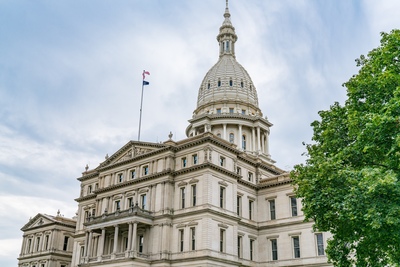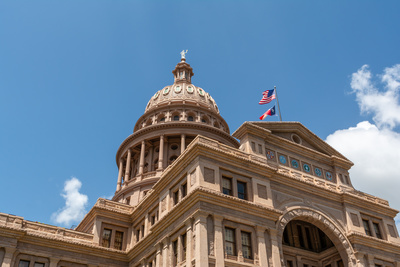As April approaches, we think of taxes and hope to avoid audits, but tax audits aren't the only kind we dread. State ethics offices also undertake audits related to lobbying and the registration of lobbyists, and can be just as critical and time consuming as an IRS or state tax department audit.
For example, Florida’s
Joint Legislative Auditing Committee (JLAC) is set to randomly select lobbying firms to audit. The Florida JLAC is an 11-member committee established by lawmakers in 2005 via a legislative joint rule (
FL SB 6-B) and comprised of elected officials from the Florida Legislature. The legislation allows the JLAC and its three-person staff to hire accounting firms to audit lobbying firm compensation reports filed through the Florida Commission on Ethics. The last round of JLAC audits
found “discrepancies big and small.”
Other states — including Connecticut, Indiana, and New York — have lobbying audit processes that impact not just multi-client lobbying firms, but also company and association lobbyists. Ensuring that your organization has a system in place to make the audit process less onerous is critical, both to your company and for everyone’s piece of mind.
To help you maintain excellent records, here are MultiState's top three tips that we would recommend for any lobbying compliance client:
- Know what each state wants registered lobbyists and lobbyist employers to keep and for how long.
- Save receipts! When it comes to expenditures, if allowed, make sure you have your receipts on file. This is true for retained lobbyists, in-house lobbyists, and lobbyist employers.
- Track your activity — not only what you do, but how much time you spending doing it. Retained and in-house lobbyists will be required to produce documentation on how they allocated their time, their lobbying activity, and how they arrived at the amount of compensation reported, where applicable.
When it comes to auditing, we cannot help you with the IRS or your state tax department, but we have you covered when it comes to lobbying compliance.



